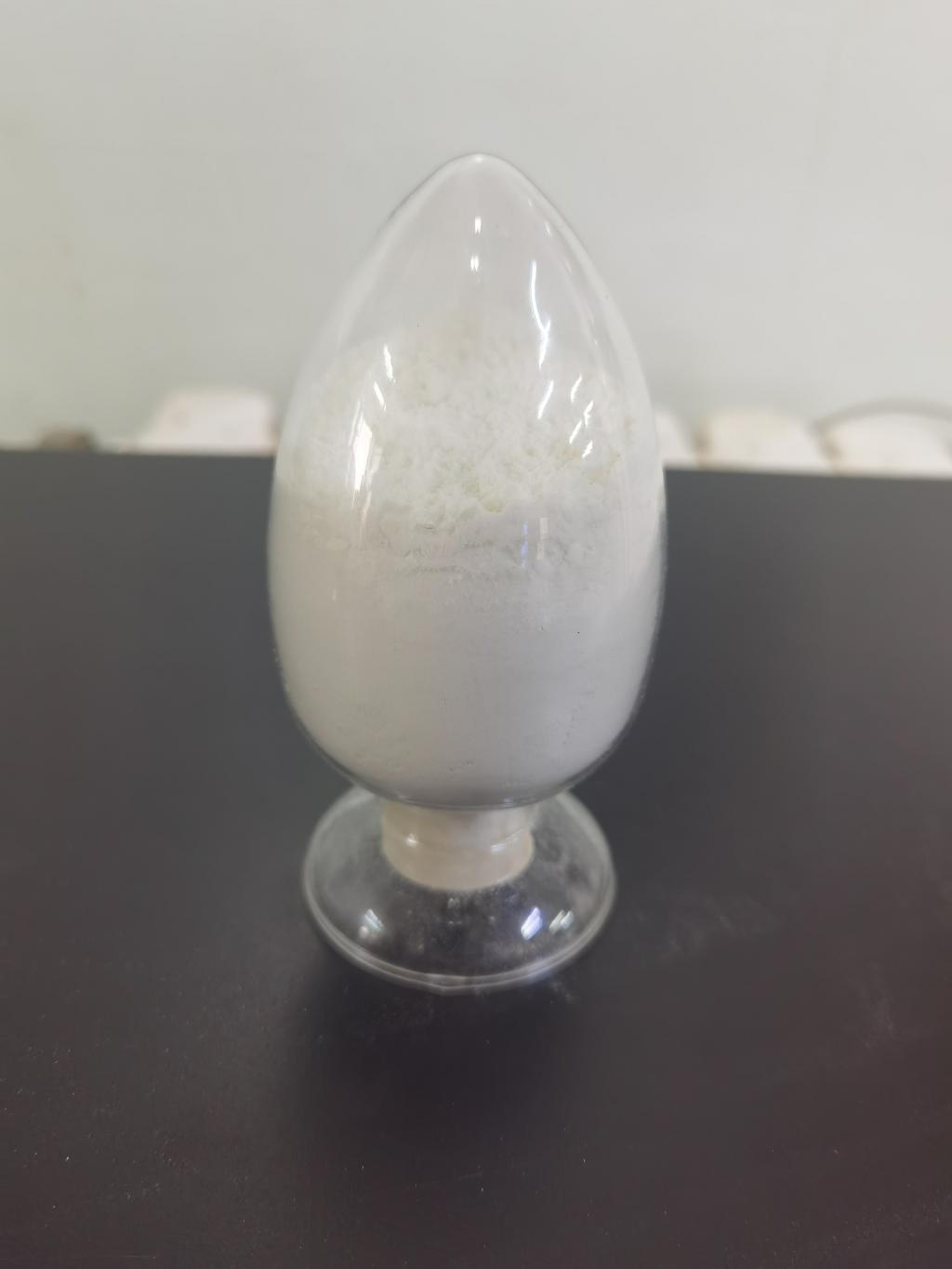Tel:+8618231198596

News
 CONTACT
CONTACT
 CONTACT
CONTACT
- Linkman:Linda Yao
- Tel: +8618231198596
- Email:linda.yao@dcpharma.cn
- Linkman:CHARLES.WANG
- Department:Overseas
- Tel: 0086 0311-85537378 0086 0311-85539701
News
Current Position:
Home >
News
>Can ε-Polylysine hydrochloride be used in organic-certified food products?
Can ε-Polylysine hydrochloride be used in organic-certified food products?
TIME:2023-04-04
Organic Certification Standards
Organic certification is a process by which food products are certified to be free from synthetic chemicals and pesticides. The standards for organic certification are established by various organizations around the world, such as the United States Department of Agriculture (USDA) and the European Union's organic farming regulations.
In order for a food product to be certified as organic, it must meet certain requirements, including the use of organic farming methods and the exclusion of synthetic chemical inputs. The use of synthetic chemical inputs, including food preservatives like PL, is generally prohibited in organic-certified food products.
Use of PL in Organic-Certified Food Products
The use of PL in organic-certified food products is a topic of debate among organic certification organizations and food manufacturers. While PL is a synthetic chemical, it is derived from a natural source (lysine), which has led some to argue that it should be allowed in organic-certified food products.
In the United States, the USDA has not approved PL for use in organic-certified food products. According to the USDA's National Organic Program (NOP), "synthetic substances used for preserving food are not allowed in organic products." This includes PL, which is considered a synthetic substance.
Similarly, the European Union's organic farming regulations prohibit the use of synthetic chemical inputs in organic-certified food products. This includes food preservatives like PL.
Alternatives to PL in Organic-Certified Food Products
While PL may not be used in organic-certified food products, there are alternative food preservatives that can be used to extend the shelf life of organic food products. Some examples of natural food preservatives that are allowed in organic-certified food products include vinegar, citric acid, and salt.
Conclusion
In conclusion, PL is not currently approved for use in organic-certified food products. While PL is derived from a natural source (lysine), it is considered a synthetic substance and is therefore prohibited in organic-certified food products. However, there are alternative natural food preservatives that can be used in organic-certified food products to extend their shelf life. It is important for food manufacturers to carefully consider the organic certification standards when deciding which food preservatives to use in their products.
- Tel:+8618231198596
- Whatsapp:18231198596
- Chat With Skype







